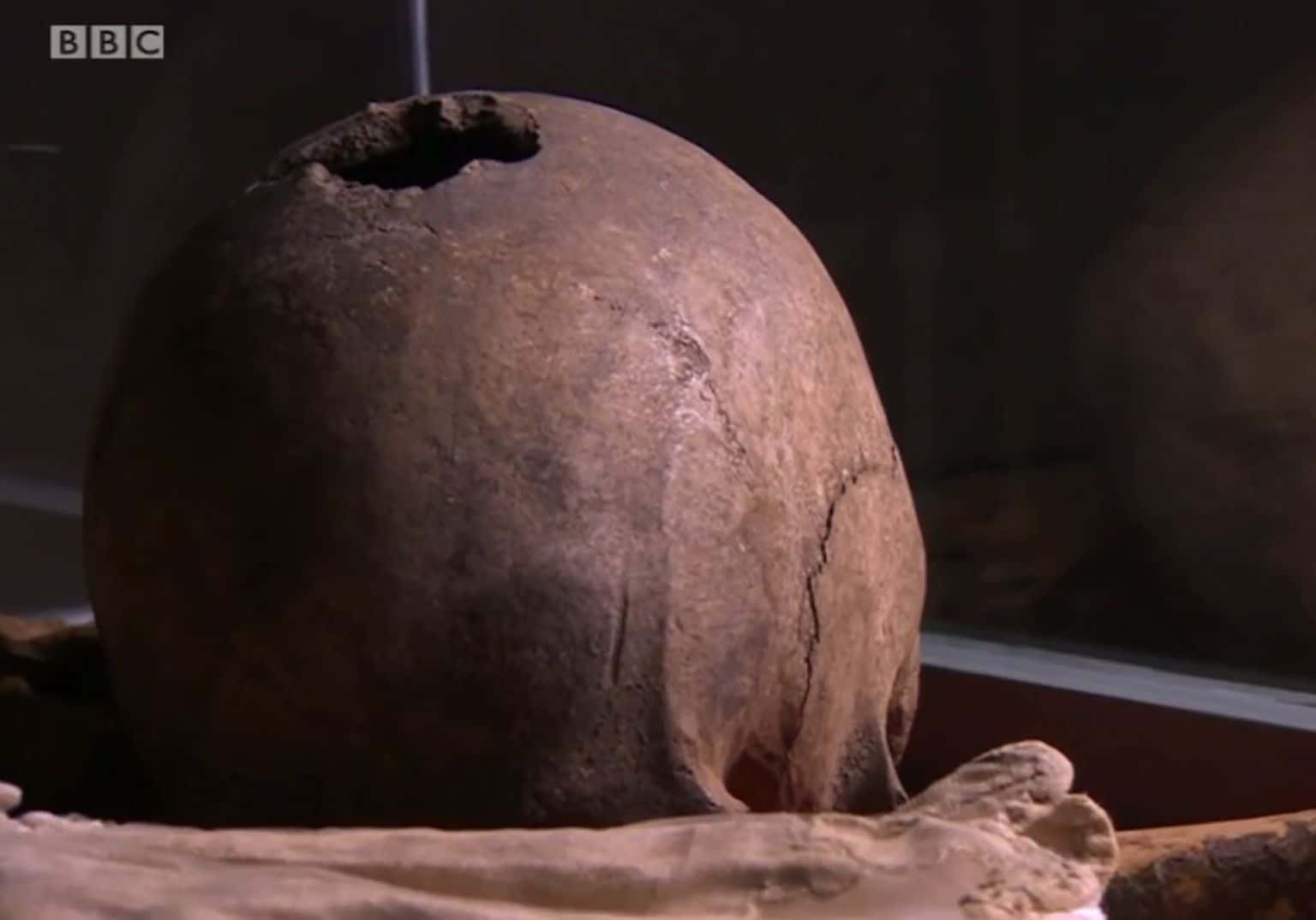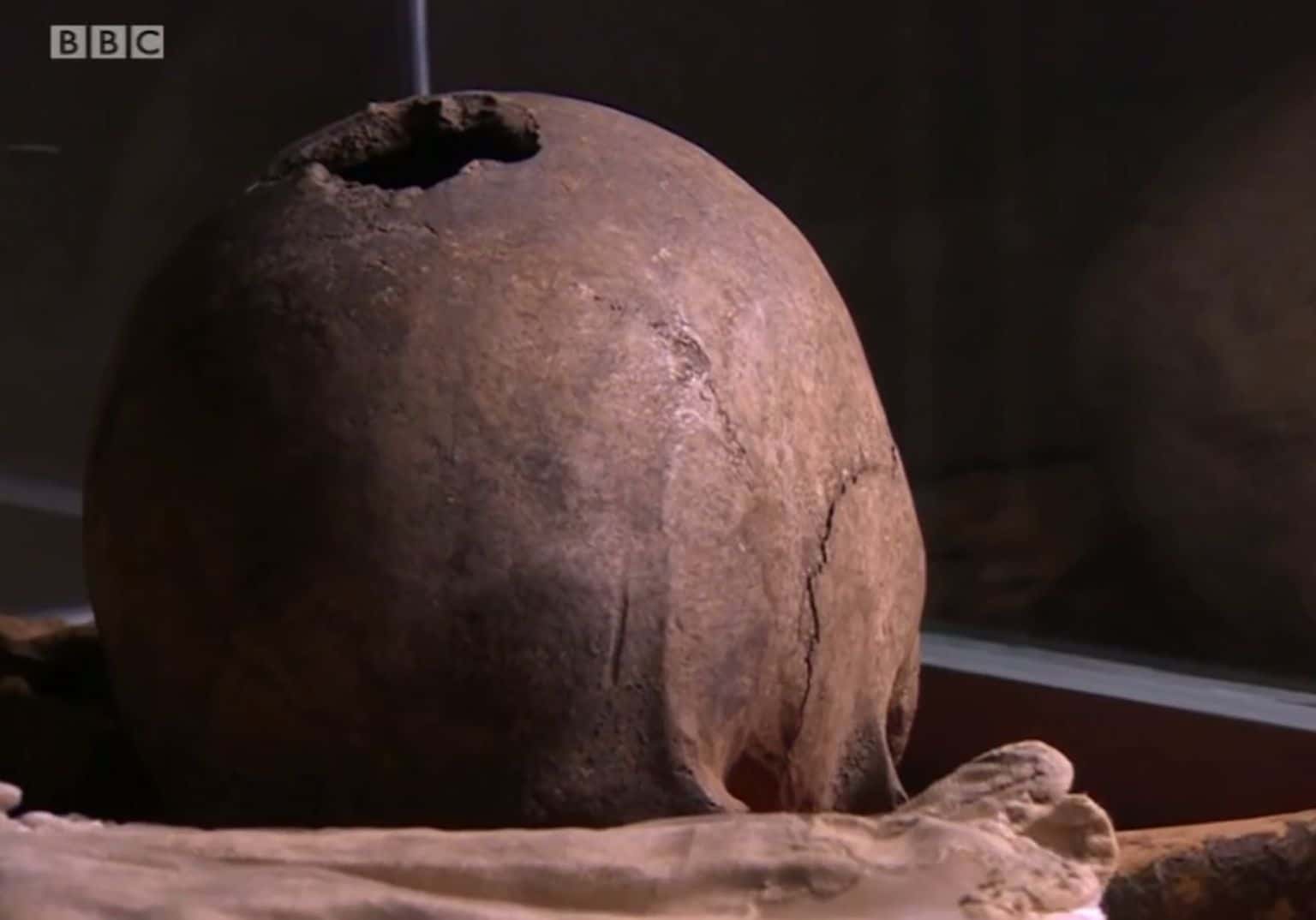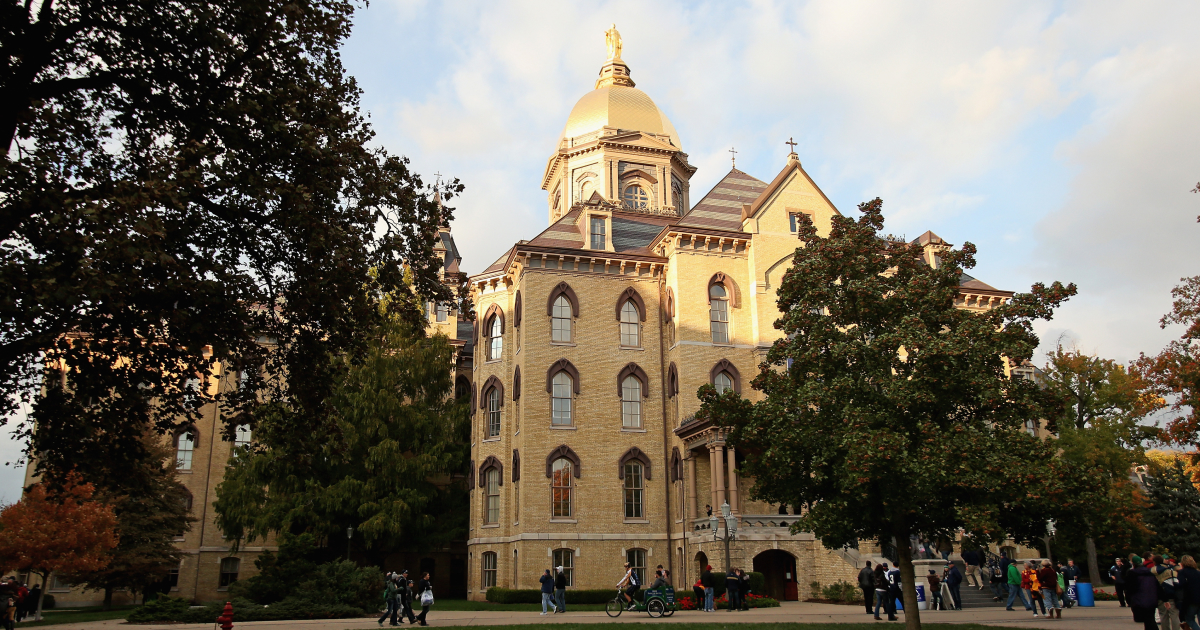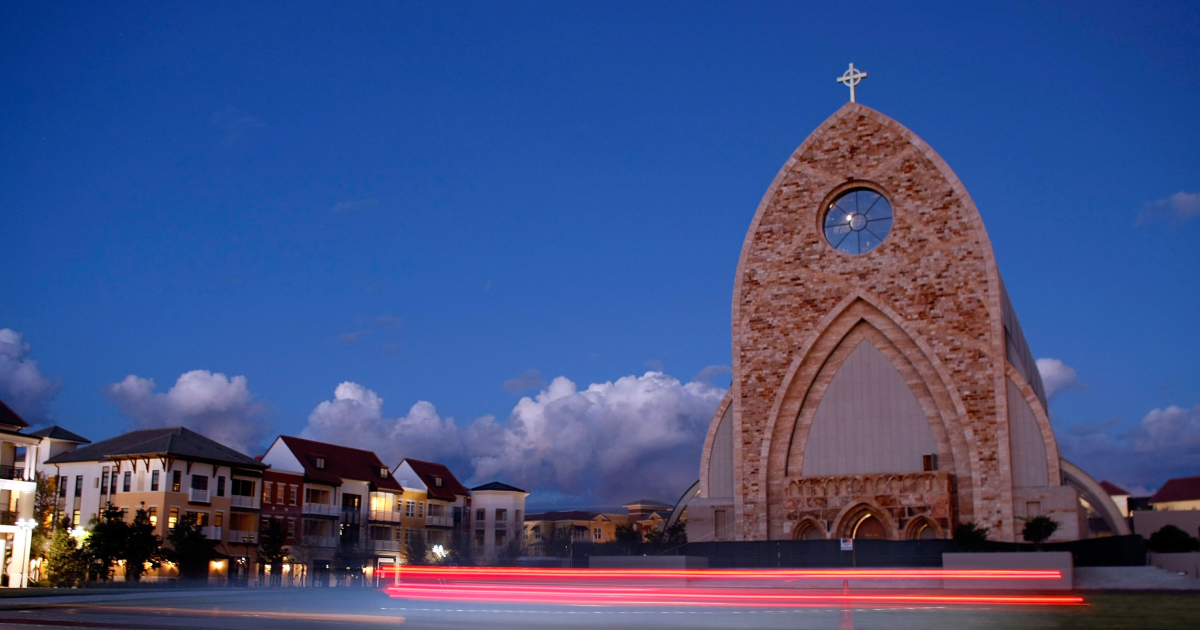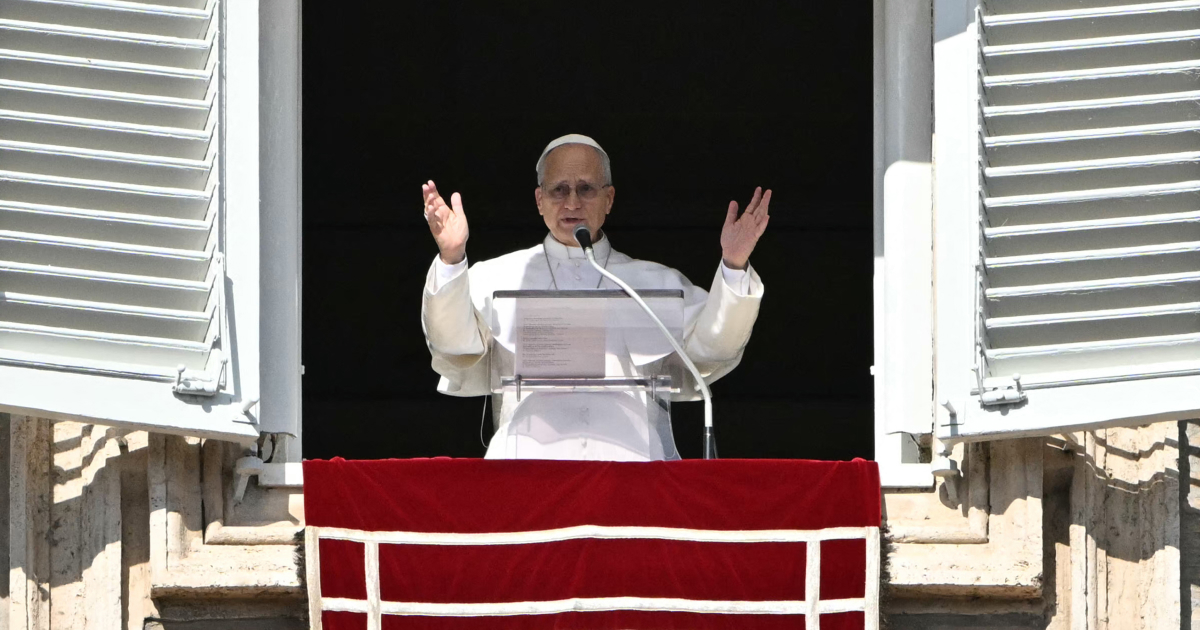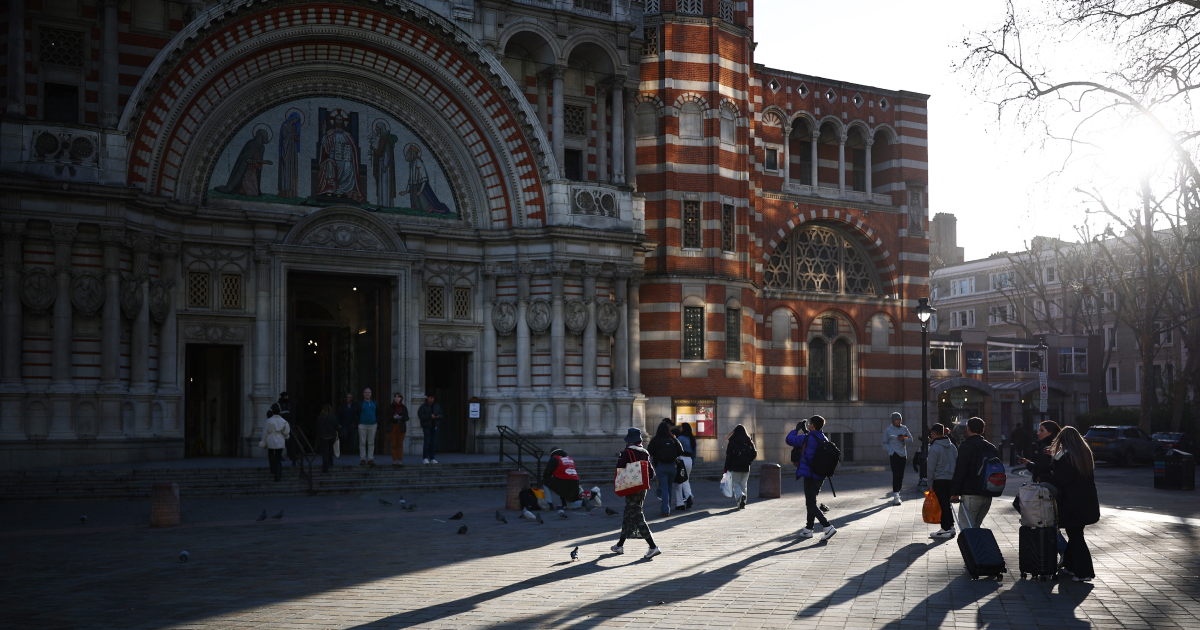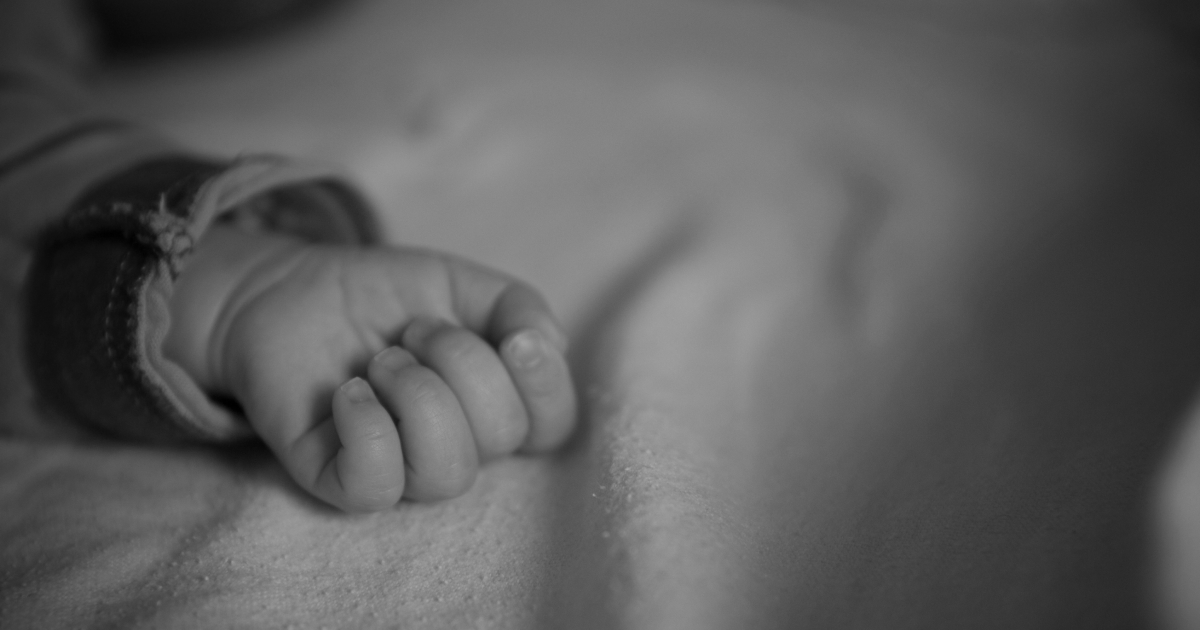Journalist Simon Caldwell’s debut novel The Beast of Bethulia Park might just be the most believable thriller on our shelves this year.
We first meet prematurely jaded young journalist Jenny Bradshaigh as she reports on the death of an elderly man, whose family suspect foul play by hospital staff. Readers will know that her opening complaints about trading Westminster for Wigan for matters of the heart have sounded the death knell for her impending marriage – even if she doesn’t yet. Her act of honesty in the book’s closing pages brings her story full circle where other authors would allow her the short-term luxury of deceit, or even glamorise her wrongdoing.
Her investigation into a series of deaths at the book’s eponymous hospital, which forms the basis of the plot, leads her into many quandaries. “The general public loved and trusted their doctors. They wanted to love them. News editors wanted to love them too,” she reflects as she probes medical records.
An equally complex character is Father Baines. The young hospital chaplain struggles to master his desire for something more than friendship with Emerald, the nurse aiding his crusade for truth alongside Jenny. It is a humanising portrait of a genuinely devout individual trying, and largely succeeding, in living up to his religious principles surrounding sex and relationships, a tale that few English novels published this side of the sexual revolution have told well.
In a speech that Fleabag’s vicar could only dream of, Father Baines tells Emerald: “We’d end up like Edward and Mrs Simpson, you and I. You might think you’d be getting a good man but you’d lament losing the man you once admired and were attracted to… You’d lose respect for me and you’d end up despising me, and I might resent you for taking me away from my priestly ministry.”
From fag-ends in flowerbeds to sticky pub floors, every inch of the novel’s landscape feels grittily plausible. It has an obvious moral message without falling into the trap of presenting flimsy characters to force a point.
Where the text strays into the technicalities of theology, coroners courts and horse riding, it remains accessible. I found myself devouring the book in one sitting, whereas many modern crime novels would find me searching for excuses to boil the kettle or scroll Twitter.
Her deeply traumatic past and thirst for vigilante justice aside, Emerald is the closest thing the novel has to a stand-in character for a general audience. Like many Brits, she pokes fun at faith – especially Christianity – but is not openly hostile to it. Entering Father Baines’ parish church, she undergoes a sublime-like experience that she does not quite have the vocabulary to fringe. “She was not touched by a sense of history like she had been at the well in North Wales. There was something more than that. There was something alive within that church, something present but unseen, something too beautiful to put into words, something ineffable, something holy – something like a burning bush.”
Dr Klein is instantly discernible as a wrong ’un, with his snotty remarks to the hospital chaplain about the hospital “not being a religious playground”. Father Baines should have retorted that modern hospitals were invented by medieval monks.
The disdain Caldwell’s villains display for the disabled and elderly is all the more frightening with the knowledge that such people are currently being killed in Canada’s infamous medically assisted dying programme. At this moment, many nurses and doctors are surely feeling as helpless and complicit as Emerald.
Nor are these tragedies simply a matter of fiction in Britain, as one of Jenny’s sources explains: “A few years ago, hard-up trusts were being bribed with government cash to increase the percentage of patients dying on that dreadful Liverpool Care Pathway… what did Baroness Neuberger find out about that pathway when she reviewed it? That patients were being knocked out with chemical coshes, then left to die without food and fluids.”
This novel aptly summarises the grisly reality of euthanasia beyond public debates about “compassion” and “dignity”. On this earth and Caldwell’s fictional one, the beasts are roaming far beyond Bethulia Park.
Georgia Gilholy is a journalist who writes for the Spectator and the Critic
Click on this link to learn more about The Beast of Bethulia Park and to order your copy. The book is also available from Amazon (click here) all other major digital platforms, and by order from any bookshop and sometimes in store.
Journalist Simon Caldwell’s debut novel <em>The Beast of Bethulia Park</em> might just be the most believable thriller on our shelves this year.
We first meet prematurely jaded young journalist Jenny Bradshaigh as she reports on the death of an elderly man, whose family suspect foul play by hospital staff. Readers will know that her opening complaints about trading Westminster for Wigan for matters of the heart have sounded the death knell for her impending marriage – even if she doesn’t yet. Her act of honesty in the book’s closing pages brings her story full circle where other authors would allow her the short-term luxury of deceit, or even glamorise her wrongdoing.
Her investigation into a series of deaths at the book’s eponymous hospital, which forms the basis of the plot, leads her into many quandaries. “The general public loved and trusted their doctors. They wanted to love them. News editors wanted to love them too,” she reflects as she probes medical records.
An equally complex character is Father Baines. The young hospital chaplain struggles to master his desire for something more than friendship with Emerald, the nurse aiding his crusade for truth alongside Jenny. It is a humanising portrait of a genuinely devout individual trying, and largely succeeding, in living up to his religious principles surrounding sex and relationships, a tale that few English novels published this side of the sexual revolution have told well.
In a speech that <em>Fleabag</em>’s vicar could only dream of, Father Baines tells Emerald: “We’d end up like Edward and Mrs Simpson, you and I. You might think you’d be getting a good man but you’d lament losing the man you once admired and were attracted to… You’d lose respect for me and you’d end up despising me, and I might resent you for taking me away from my priestly ministry.”
From fag-ends in flowerbeds to sticky pub floors, every inch of the novel’s landscape feels grittily plausible. It has an obvious moral message without falling into the trap of presenting flimsy characters to force a point.
Where the text strays into the technicalities of theology, coroners courts and horse riding, it remains accessible. I found myself devouring the book in one sitting, whereas many modern crime novels would find me searching for excuses to boil the kettle or scroll Twitter.
Her deeply traumatic past and thirst for vigilante justice aside, Emerald is the closest thing the novel has to a stand-in character for a general audience. Like many Brits, she pokes fun at faith – especially Christianity – but is not openly hostile to it. Entering Father Baines’ parish church, she undergoes a sublime-like experience that she does not quite have the vocabulary to fringe. “She was not touched by a sense of history like she had been at the well in North Wales. There was something more than that. There was something alive within that church, something present but unseen, something too beautiful to put into words, something ineffable, something holy – something like a burning bush.”
Dr Klein is instantly discernible as a wrong ’un, with his snotty remarks to the hospital chaplain about the hospital “not being a religious playground”. Father Baines should have retorted that modern hospitals were invented by medieval monks.
The disdain Caldwell’s villains display for the disabled and elderly is all the more frightening with the knowledge that such people are currently being killed in Canada’s infamous medically assisted dying programme. At this moment, many nurses and doctors are surely feeling as helpless and complicit as Emerald.
Nor are these tragedies simply a matter of fiction in Britain, as one of Jenny’s sources explains: “A few years ago, hard-up trusts were being bribed with government cash to increase the percentage of patients dying on that dreadful Liverpool Care Pathway… what did Baroness Neuberger find out about that pathway when she reviewed it? That patients were being knocked out with chemical coshes, then left to die without food and fluids.”
This novel aptly summarises the grisly reality of euthanasia beyond public debates about “compassion” and “dignity”. On this earth and Caldwell’s fictional one, the beasts are roaming far beyond Bethulia Park.
<em><strong>Georgia Gilholy is a journalist who writes for the </strong></em><strong>Spectator</strong><em><strong> and the </strong></em><strong>Critic</strong>
<em><a href="https://stgabrielnews.co.uk/">Click on this link to learn more about The Beast of Bethulia Park and to order your copy. </a>The book is also available from Amazon <a href="https://amzn.eu/d/8DOoiN8">(click here) </a>all other major digital platforms, and by order from any bookshop and sometimes in store.</em>





